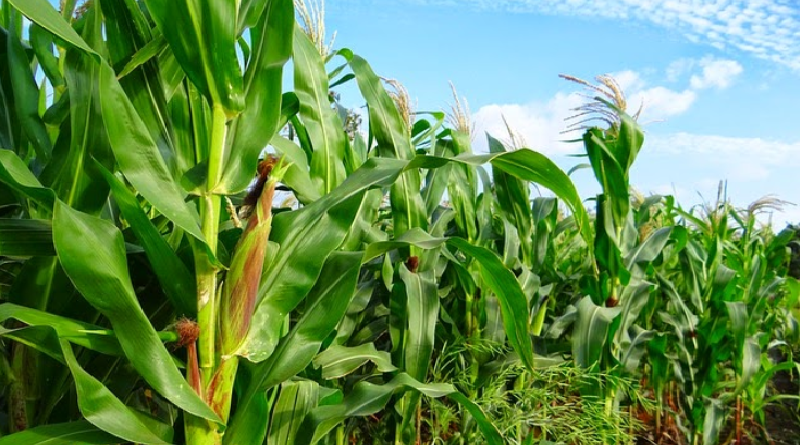The Galana-Kulalu Food Security Project is set for a major expansion following a Sh12.5 billion private sector investment under a Public-Private Partnership (PPP) arrangement. Covering 1.5 million acres in Kilifi and Tana River counties, the initiative seeks to enhance food production, create jobs, improve livelihoods, and supply raw materials to agro-based industries.
A 600,000-cubic-metre water reservoir has already been completed at a cost of Sh519 million, enabling irrigation of 10,000 acres. The first 20,000-acre block has been leased to Selu Ltd, which specialises in high-yield maize production, targeting over 9 metric tons per hectare—well above the national average. Selu’s projected yield of 70 bags per acre could produce 1.4 million bags annually, generating approximately Sh5.6 billion at current market prices.
The PPP model is being hailed as a sustainable way to deliver large-scale agricultural projects amid fiscal constraints. By tapping into private investment, the project aims to unlock the full potential of the 1.5 million-acre scheme, which could significantly boost food security, reduce imports, save foreign exchange, and raise farmer incomes.
Plans are also underway for the construction of the Sh35 billion Galana Dam, which will supply sufficient water to expand cultivation to tens of thousands more acres. This infrastructure is expected to attract further investment and accelerate regional agricultural growth.
Infrastructure development at Galana-Kulalu is progressing steadily. A new water intake has been constructed, allowing the National Irrigation Authority to command 10,000 acres in the initial phase. Selu’s investment includes funding for water storage, irrigation systems, and on-farm roads. A new bridge under construction will improve transport links, reducing the distance currently required to move produce.
The project is also incorporating renewable energy solutions to cut production costs. A Korean firm is set to install a 2.5-megawatt solar water pumping system to replace diesel-powered pumps, while the Rural Electrification and Renewable Energy Corporation is developing a power plant expected to be operational by June 2026.
The expansion is planned in three phases: the first covering 10,000 acres using current water flow; the second expanding to 32,000 acres after completion of the dam; and the third opening an additional 500,000 acres. Once fully implemented, the Galana-Kulalu Irrigation Project is poised to transform Kenya’s agricultural landscape and serve as a model for large-scale, sustainable food production in Africa.

